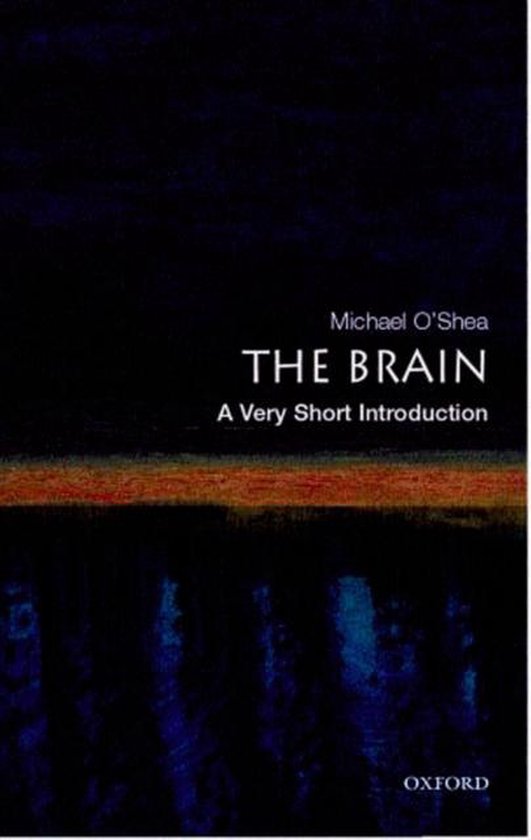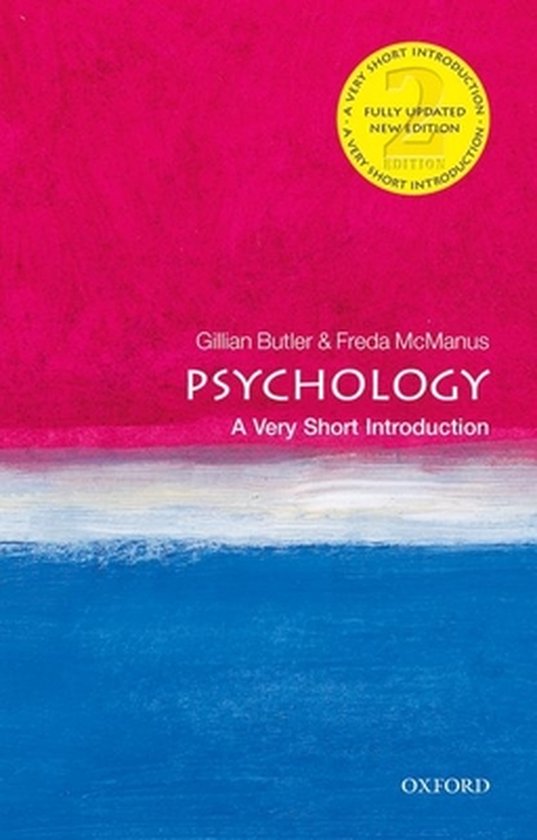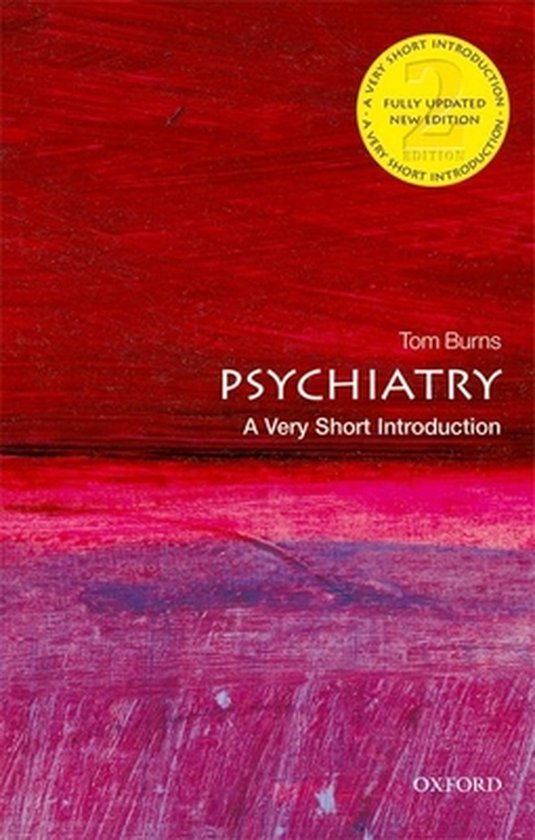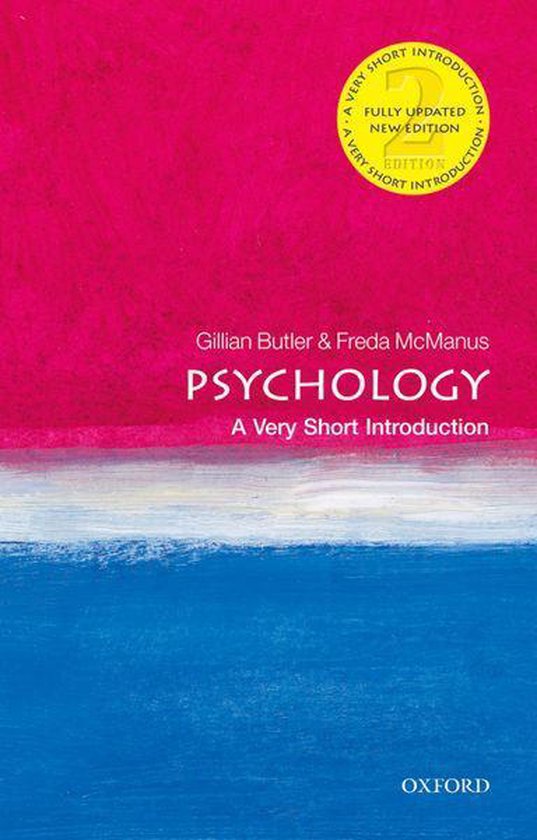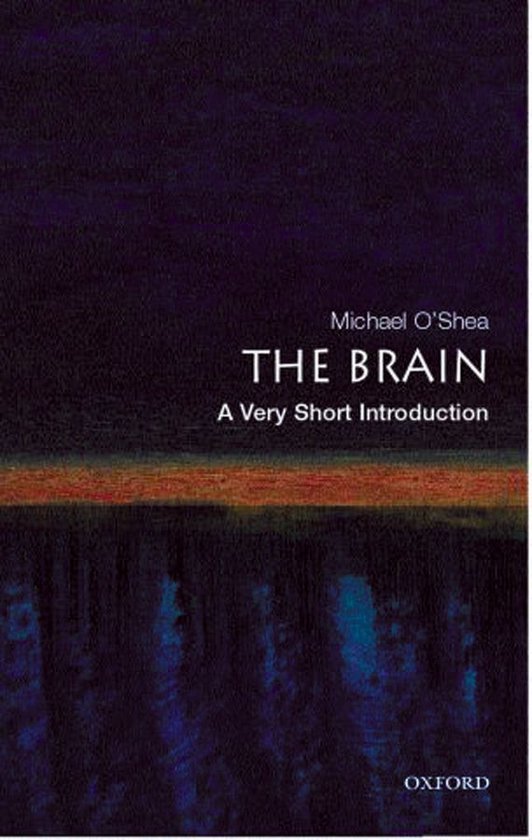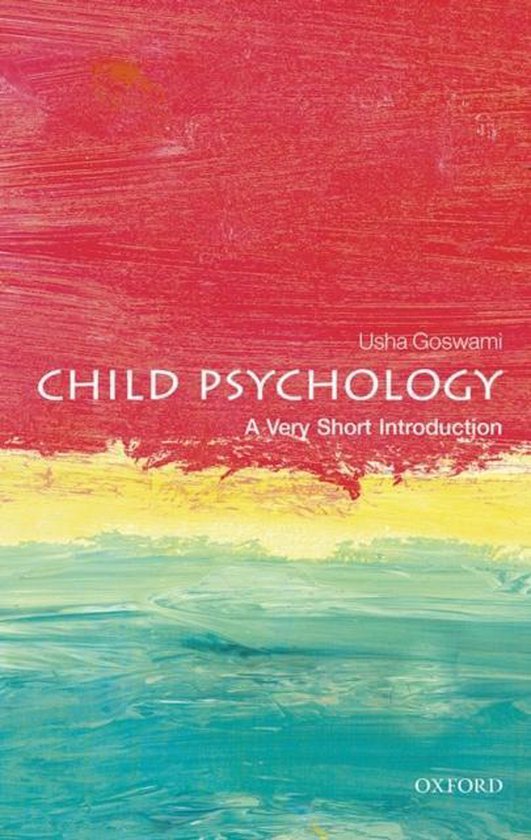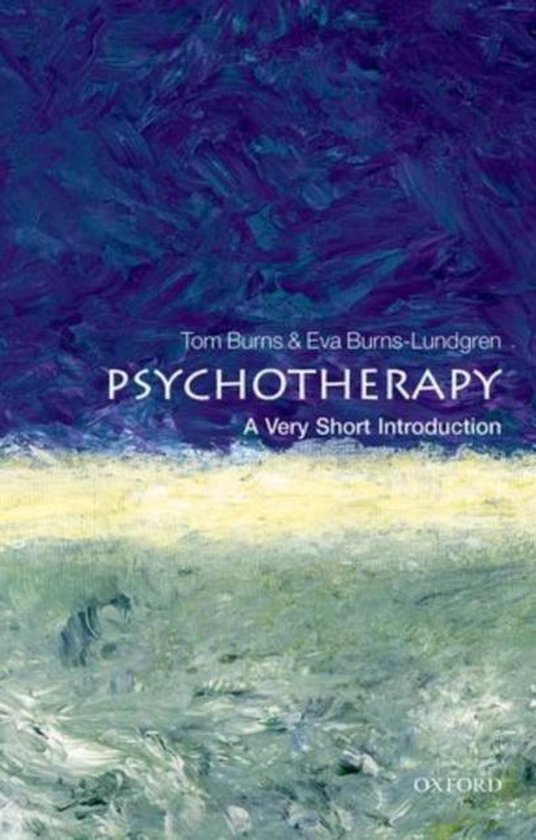
Psychotherapy A Very Short Introduction
The rise of psychotherapy has been one of the defining features of the 20th century. In this Very Short Introduction, Tom Burns and Eva Burns-Lundgren trace the development of psychotherapy and counselling, from its origins in Freud's psychoanalysis to the variety of different approaches on offer today.
Psychotherapy and counselling are now widely available to help people overcome emotional and psychological difficulties in their lives. They involve spending time with a professional in an emotionally safe and structured relationship to explore and express the issues that cause distress and difficulty, whether long term self-doubts, relationship problems, or the impact of a trauma or crisis. As a society, we now take this focus on talking through and understanding our identity and relationships for granted, but it is hardly more than a century old. In this Very Short Introduction, Tom Burns and Eva Burns-Lundgren trace the development of psychotherapy from its origins in Freud's psychoanalysis to the range of different approaches - counselling, cognitive behaviour therapy, and other time-limited therapies, mindfulness, group and family therapies, and many more. Describing the processes central to them all and highlighting their differences, they demonstrate what problems each therapy are best suited for. They explain the principles behind the most commonly available types of psychotherapies and provide examples of what patients can expect when they seek such help. They conclude by examining the practice of psychotherapy - the types of training psychotherapists have, the safeguards that exist to keep practice reliable, and how one goes about choosing a psychotherapist. ABOUT THE SERIES: The Very Short Introductions series from Oxford University Press contains hundreds of titles in almost every subject area. These pocket-sized books are the perfect way to get ahead in a new subject quickly. Our expert authors combine facts, analysis, perspective, new ideas, and enthusiasm to make interesting and challenging topics highly readable.
Psychotherapy and counselling are now widely available to help people overcome emotional and psychological difficulties in their lives. They involve spending time with a professional in an emotionally safe and structured relationship to explore and express the issues that cause distress and difficulty, whether long term self-doubts, relationship problems, or the impact of a trauma or crisis. As a society, we now take this focus on talking through and understanding our identity and relationships for granted, but it is hardly more than a century old. In this Very Short Introduction, Tom Burns and Eva Burns-Lundgren trace the development of psychotherapy from its origins in Freud's psychoanalysis to the range of different approaches - counselling, cognitive behaviour therapy, and other time-limited therapies, mindfulness, group and family therapies, and many more. Describing the processes central to them all and highlighting their differences, they demonstrate what problems each therapy are best suited for. They explain the principles behind the most commonly available types of psychotherapies and provide examples of what patients can expect when they seek such help. They conclude by examining the practice of psychotherapy - the types of training psychotherapists have, the safeguards that exist to keep practice reliable, and how one goes about choosing a psychotherapist. ABOUT THE SERIES: The Very Short Introductions series from Oxford University Press contains hundreds of titles in almost every subject area. These pocket-sized books are the perfect way to get ahead in a new subject quickly. Our expert authors combine facts, analysis, perspective, new ideas, and enthusiasm to make interesting and challenging topics highly readable.
| Auteur | | Tom Burns |
| Taal | | Engels |
| Type | | Paperback |
| Categorie | | Persoonlijke ontwikkeling & Mindfulness |
